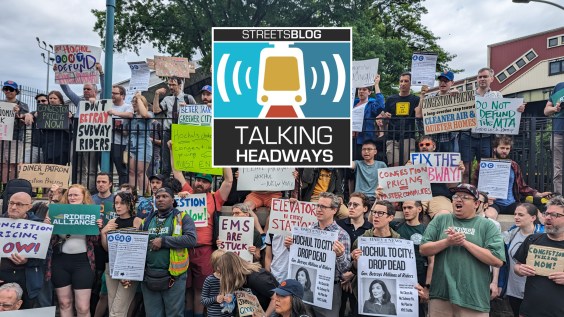Here is our regular roundup of California legislation of interest to livable streets advocates. As always, let us know if we missed anything in the comments.
- Freshman Assemblymember Kansen Chu (D-San Jose) has listened to feedback and amended his bike light bill, A.B. 28. It started out badly, requiring a flashing white rear light on bikes at night, which would have been a recipe for disaster and confused everyone. That was quickly changed from a white light to red, in keeping with standard practice on all vehicles. Now it has been improved further. As currently worded, it would allow bicycle riders some flexibility in how they make themselves visible at night: they could use a red light, either solid or flashing, or the currently required red rear reflector.
- Assemblymember Frank Bigelow (R-O'Neals) has been working on a bill to clarify last year's Three Feet for Safety Act. His district sees a lot of bike riders out enjoying the hilly rural routes, as well as drivers now confused about when it's okay to pass safely. The early draft of A.B. 208 was an amendment to the current law about when bicyclists must pull over to let other vehicles pass. That change turned out to be unnecessary, as bikes are covered by the standard slow-moving vehicle rule, to wit: if there are five or more vehicles lined up behind a vehicle moving slower than the “normal flow at that time and place,” the slower vehicle, be it a truck, car, or bicycle, shall pull over to let the vehicles pass. Right now A.B. 208 makes a minor clarifying amendment to that part of the code. It should be heard in the Assembly Transportation Committee next week.
- Senator Fran Pavley's (D-Agoura Hills) bill to increase the number of stickers allowing low-emission vehicles access to carpool lanes, SB 39, passed the Senate Transportation and Housing Committee 9 to 1, and now moves on to the Committee on Appropriations. The bill's supporters say that these stickers are necessary to encourage people to buy electric vehicles, but others have pointed out that there are already many other incentives for doing so. And free passes to the HOV lane may slow traffic there, thus removing the incentive to carpool.






